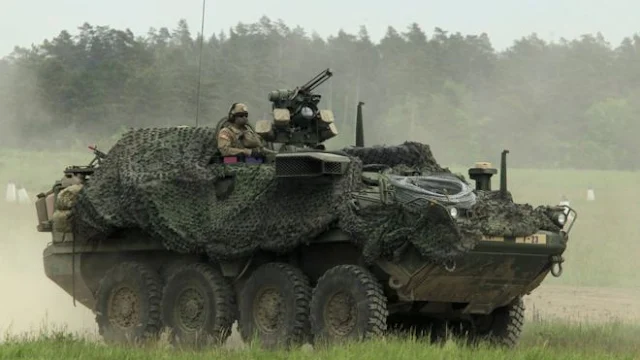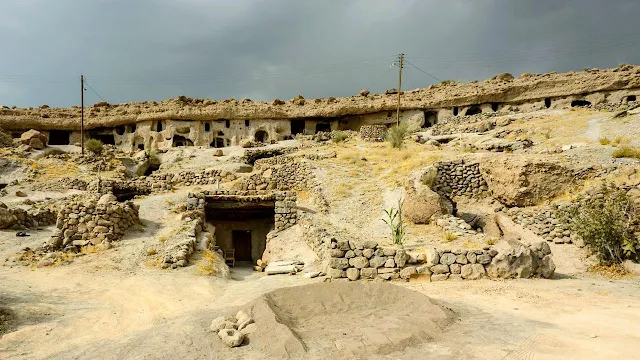Islamic State claims it killed two Chinese in Pakistan
The so-called Islamic State says it
has killed two Chinese nationals who were abducted from south-west
Pakistan by armed men in late May.
The IS-linked Amaq news agency made the claim in an Arabic statement on the Telegram messaging app.
China's foreign ministry said it was "gravely concerned" and working to verify the information.
The pair are said to have been studying Urdu at a language centre in the city of Quetta when they were abducted.
According
to local media reports at the time of the abduction, armed men took the
couple as they left the centre. Another Chinese woman just managed to
escape during the confrontation.
At the time, neither IS nor any
other militant group said they had kidnapped the pair. Balochistan has
seen kidnappings of foreign nationals in recent years by armed Islamist
or separatist groups, sometimes for a ransom.
Islamic State
controls some territory in Afghanistan and has been seeking to
strengthen its hold in Pakistan since 2015 when it carried out its first
attack in the country.
China is one of Pakistan's major allies,
investing heavily in infrastructure projects including nuclear power
plants, roads and dams.
Under China's One Belt One Road initiative
which will see the construction of an economic corridor, Pakistanis
likely to see massively increased investment as ever closer links are
forged between the countries. Balochistan is the heart of the proposed
infrastructure investment.
A recent report
from the Pentagon also predicts that China will expand its military
reach and suggests that it could construct military bases in Pakistan.
BBC NEWS




























